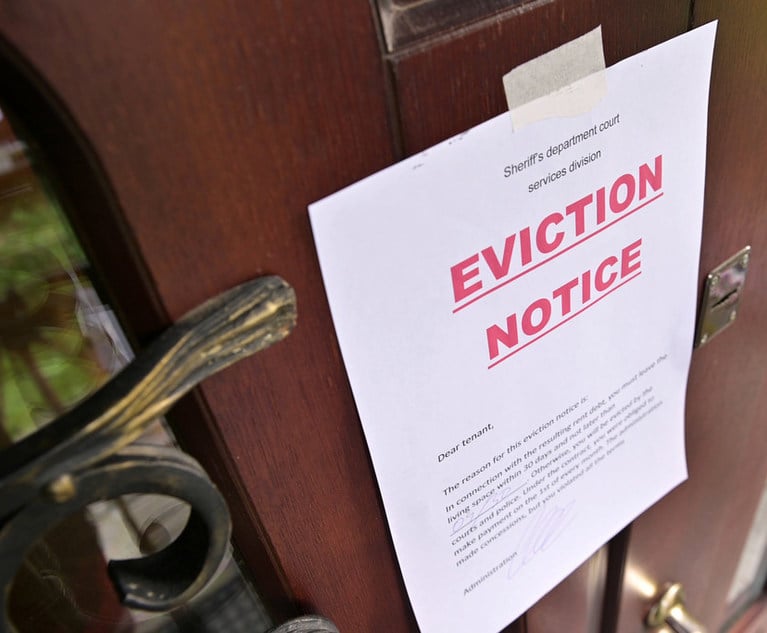Taxpayers who invest eligible capital gains into qualified opportunity funds can potentially take advantage of significant federal income tax benefits. Among these benefits are the potential deferral of such capital gains until Dec. 31, 2026 and the potential to avoid income tax completely on any gains accrued on the investment in the qualified opportunity fund if the investment is held for at least 10 years. However, in order to qualify as a qualified opportunity fund, an entity’s assets must generally have been acquired by purchase after 2017. Thus, without further structuring, a taxpayer who owns property in a qualified opportunity zone that it purchased before 2018 would be unable to benefit from these rules.
However, in 2019, the Treasury Department finalized regulations that allow qualified opportunity funds to acquire leasehold interests in properties that were purchased prior to 2018 if the lease is on market terms, even if the fee interest in the property is owned by a related party. This is generally the case regardless of the extent to which the lessee improves the leased property. (However, if a taxpayer leases property to a qualified opportunity fund and then the fund makes only limited improvements to the property, the transaction may fall under an anti-abuse rule, which allows the IRS to recharacterize transactions that do not fall within the purposes of the qualified opportunity fund rules, which is to encourage the making of new investments in qualified opportunity zones.)


 Ezra Dyckman and Charles S. Nelson
Ezra Dyckman and Charles S. Nelson




